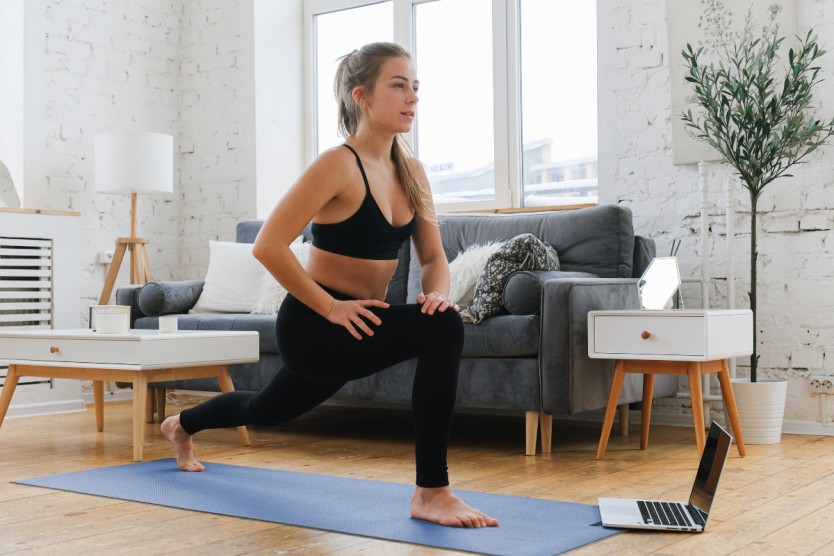Women who suffer from urinary incontinence find their lifestyle impacted.
This condition of the pelvic floor that results in urine leaks can make working out difficult, for instance.
But is it possible that certain activities cause incontinence—or make it worse? Women are often hesitant about exercising when they have urinary incontinence, but can exercise cause incontinence?
Understanding Incontinence
Continence is the ability to control your bladder and bowel, so incontinence is the involuntary loss of bladder and bowel control. It can mean the accidental loss of urine from the bladder, known as urinary incontinence, or the involuntary loss of feces from the bowel, known as fecal incontinence. It can also range in severity from a small leak to complete loss of bladder or bowel control.1
Can Exercise Cause Incontinence?
While exercise is an important part of living healthy, health care practitioners caution those at risk of pelvic floor problems to avoid some kinds of exercise or risk further damage and possibly incontinence problems.2
Risk factors for women include having children, having a prolapse, being post-menopausal, being overweight or obese, constant straining on the toilet because of constipation or having a chronic cough or sneeze.2
However the connection between exercise and incontinence is not always clear. For instance, one report examined large studies that found women who do low impact activities, mainly walking, are at a lower risk of incontinence. But the relationship is not clear because women with incontinence often withdraw from exercise. So researchers concluded that it was impossible to know whether exercise “makes them dry or whether they exercise because they are dry.”3
The same study speculated that there could be a connection between participation in regular physical activity and continence because obesity is associated with urinary incontinence. Women who exercise are less prone to being overweight or obese, and therefore would be less likely to suffer from urinary incontinence.3
Exercises to Benefit Your Pelvic Floor
If you’re at risk for incontinence or other pelvic floor issues, you may want to choose exercises that are beneficial, and avoid those that could cause a problem. For instance, high-impact aerobic exercises like skipping or running may place strain on the pelvic floor over time. Better options include walking, swimming or cycling.2
The same is true of heavy lifting, which should be approached with caution. For instance, don’t lift weights or do exercises that cause you to strain or hold your breath. Make sure you are supporting your pelvic floor when doing any exercise.2
If you’re looking to strengthen your pelvic floor, try performing Kegel exercises on a regular basis or yoga routines that can help make the pelvis stronger.
See a Doctor
Some studies have shown that up to 20% of women report putting a stop to physical activity because of incontinence.4 Experiencing leakage when exercising is common, but it’s not normal.
You don’t have to live with incontinence, so use our Physician Finder to find a doctor near you with expertise in women’s health. Receiving a proper diagnosis and getting advice on dealing with incontinence will ensure you don’t miss your days at the gym.
















